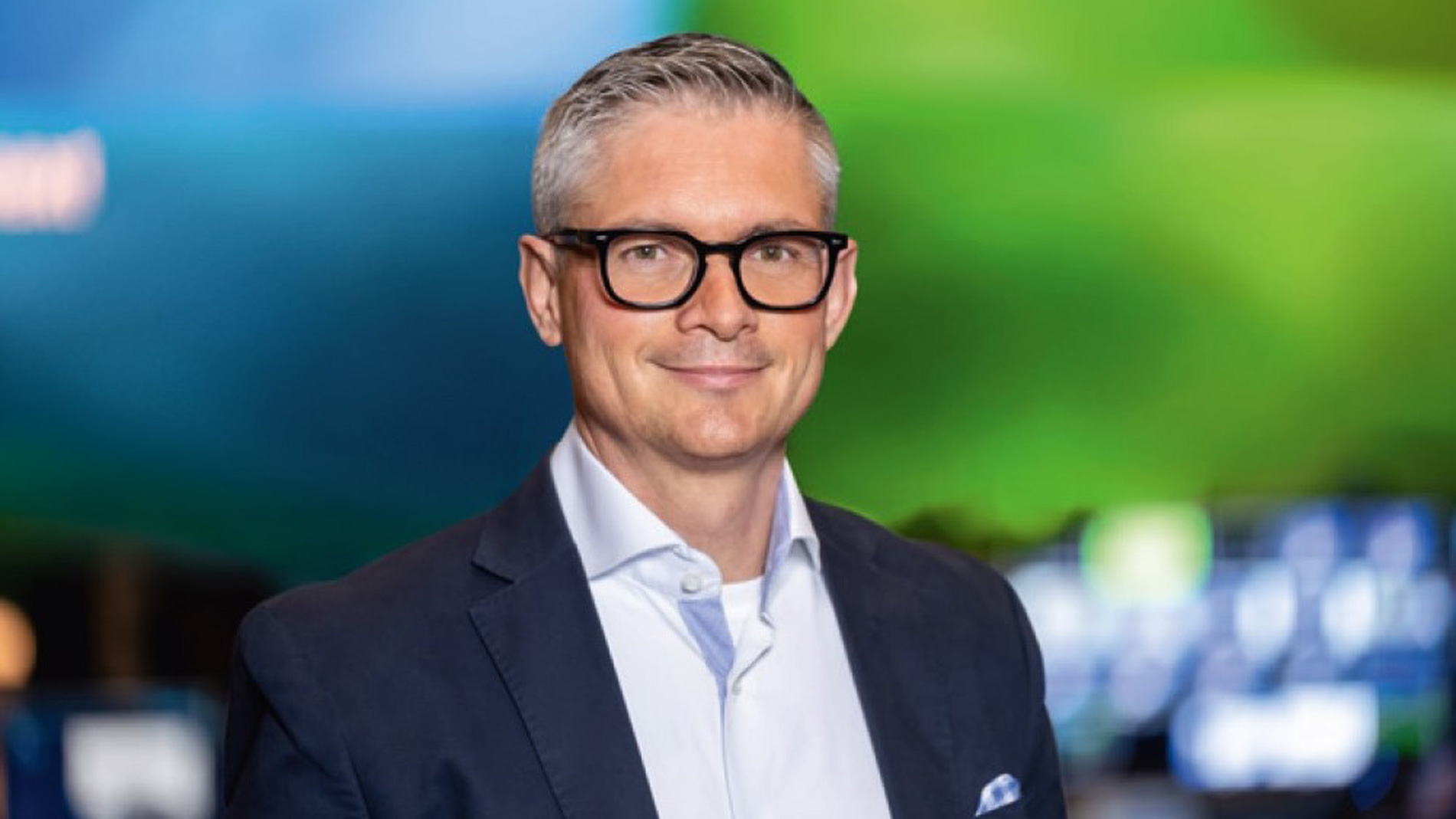by Sascha F. Wenzler, Vice President Formnext — 3 September 2024
For many people, seeing the proverbial glass as half-empty or half-full is a matter of personal philosophy. Given how spoiled we’ve been with growth in the AM world, that glass has mostly been all the way full in recent years. These days, however, sections of our industry have come back down to earth to a certain extent. Those who mainly operate in the automotive or mechanical engineering sectors are likely going through a more difficult period than companies in medicine, aerospace, or defense.

The amount of water in the glass also depends on the country in which you do business. Here in Germany, the economy is more or less stagnating at the moment, while other European countries and the United States continue to exhibit healthy growth. Certain nations, including several around the Persian Gulf, have been putting quite a few chips on future technologies like AM, making them a veritable El Dorado for some players.
There is indeed a good deal of variance in how the AM industry is developing. Consider the following, for example: The overall AM market is still growing, but the share prices of many major AM companies have fallen off a cliff. Why? Particularly in the last several months, plenty of viewpoints and theories – some well founded, others less so – have been circulating on social media, but the answer is difficult to pinpoint. One thing that is becoming increasingly clear, though, is that AM stands at a crossroads. Once they reach industrial maturity, many applications face the tough question of how cost-effective they are in certain customer segments and batch sizes, often in comparison with conventional methods. That turns up the pressure, but it also gives AM another push toward the day when it will be considered “just another” manufacturing technology without all the hype.
The subject of additive manufacturing as it relates to sustainability can also be approached from a number of different angles. AM can make a marked difference in this regard, but the technology itself is not inherently more sustainable than others; it depends on how and where you use it. To learn more about how complex such considerations can be, check out our recent background report.
The ambivalence of the current economic climate is also reflected by our exhibitors and other partners. While some are feeling the direct effects of a certain reluctance to innovate in their respective markets, business is practically booming for others. This teaches us that the world of additive manufacturing isn’t just capable of changing many things; AM itself is always changing, too.
If you want to succeed in going with the flow, you need both a strong compass and a certain degree of flexibility. These are two characteristics we’ve combined at Formnext, which does its best to be AM’s guiding light each and every year. It’s the place where the biggest trends shine, along with new and highly innovative firms that continue to shake up our industry. With an extensive supporting program of conferences, seminars, and special topics – and this magazine, of course! – we offer valuable knowledge to you and everyone else in our industry who likes to keep their glass as full as possible.
I hope you enjoy the read and can’t wait to welcome you to this year’s Formnext in Frankfurt!
Sincerely,
Sascha F. Wenzler
Vice President Formnext
Tags
- Formnext News
